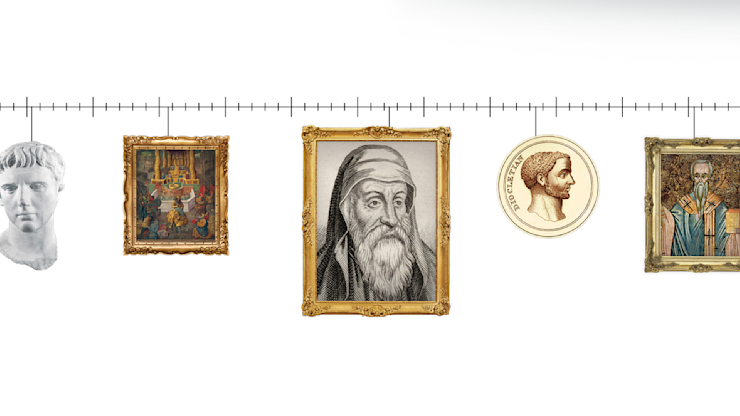Who Is the Final Authority in the Church?

1 Min Read
If there's a difference between the Bible and tradition, who is the final authority? In this brief clip from his teaching series A Survey of Church History, W. Robert Godfrey explains how Martin Luther came to view the Bible as the final authority. Watch this entire message for free.
Transcript
In articulating a doctrine of justification and of the gospel as Luther does, he is not at odds with official decisions of the church up until this point. That begins to change in 1519 when he's invited to the city of Leipzig to engage in a debate on authority. And the interesting thing about this debate is you can almost see Luther's theology changing in the course of the debate. Luther was debating Eck, John Eck a distinguished theologian of the time, and what soon became clear is that Eck knew more church history than Luther did. And when Luther began to argue for his new understandings, Eck was very able to quote theologians and popes and councils that had preceded their lives and began to box Luther into a corner making him look like a rebel. And how did Luther respond? He responded by more and more quoting the Bible because he knew the Bible a lot better than Eck did. But what he soon found himself arguing, almost forced to it in the course of that debate, was that if there's a difference between what the Bible says and what the church has traditionally taught, we have to stand with the Bible and this began to be more and more inflammatory, more and more radical, more and more challenging to begin to say maybe there's a difference between what popes say and what the Bible says. That's radical stuff.